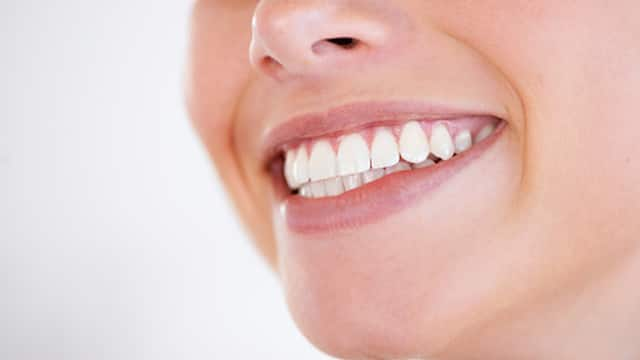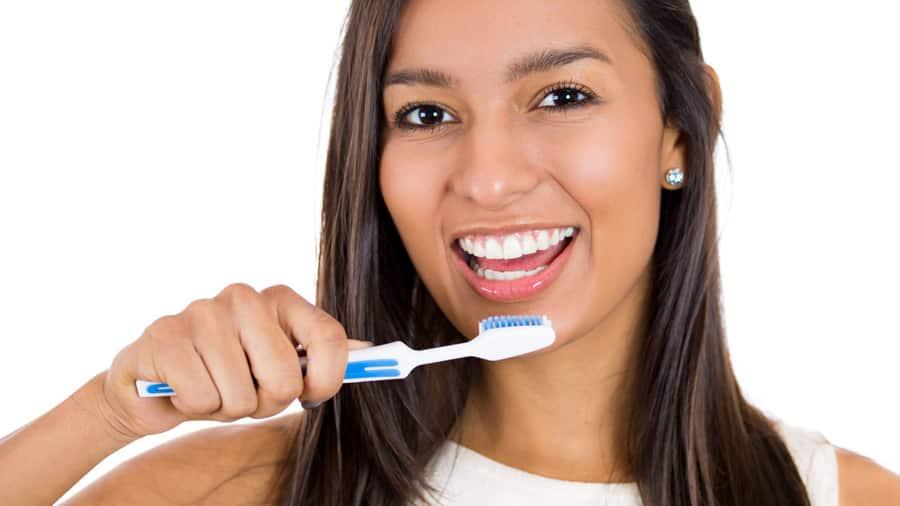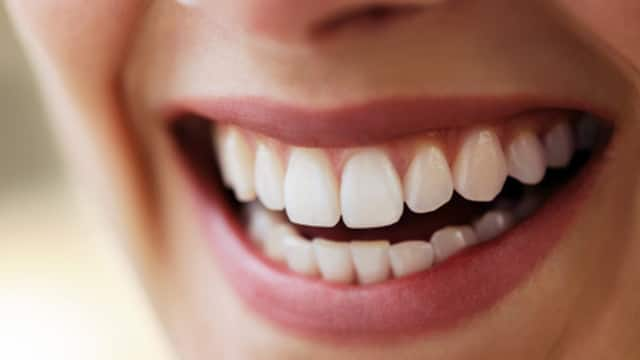-
-

TEETH WHITENING
What Is Stannous Fluoride Toothpaste?Stannous fluoride toothpaste helps prevent cavities, reduce sensitivity, fight plaque, and support daily gum and enamel health.

Selecting Dental Products
Best Toothpaste in India: Five Dentist-Recommended TypesToothpastes today are formulated to meet your every dental need and come in many flavours. Have your dental professional suggest the best toothpaste in India.
-
Science & Innovation
- ORAL HEALTH CHECK
- PRODUCT MATCH
- Colgate® | Toothpaste, Toothbrushes & Oral Care Resources
- Oral Health
- Teeth Whitening
- Teeth whitening toothpaste: Does it work?


Most of us want our smile to look like a rapper’s car or diva’s jewelry – as shiny and dazzling as possible. Alas, the reality is that many people have yellowish, gray or brown teeth.
Discolored teeth are often attributable to poor oral health or to bad habits such as smoking. If surface stains are contributing to your teeth's discoloration, you can try using a teeth whitening toothpaste to improve their appearance.
Not sure what that entails? Then we should first examine teeth cleaning from a microscopic scale.
The silica secret: what's in whitening toothpastes?
Regular, non-whitening toothpastes are designed to help remove some surface stains as they clean teeth and improve the health of your mouth. Whitening toothpastes help make your smile brighter by removing even more surface stains.
These toothpastes typically contain more abrasive ingredients, such as silica, which scrub the surface of the teeth. Look for a whitening toothpaste such as Colgate® Visible White Toothpaste.
Once you’ve got the tools you need, it’s time to turn a beady eye on blueberries, and other foods.
Go worry-free about teeth stains with our top teeth whitening toothpaste options!
Getting the most from your toothpaste (by banishing beets)
After you start using a whitening toothpaste, it can take several weeks for you to see results. But be patient – and be smart about your lifestyle.
Keep in mind that, because a whitening toothpaste doesn't change the actual color of your teeth, you can undo results by continuing habits that contribute to stains on the teeth.
If you continue to drink coffee and red wine, or smoke, you might not see the results you had expected from the toothpaste. Even healthy foods, such as beets and blueberries, can darken your teeth.
Instead of avoiding healthy foods in the pursuit of whiter teeth, just remember to brush after eating. Don’t neglect liquids, either. Drink plenty of water during your meal to rinse your mouth.
Still not getting the results you’re looking for? It’s time to kick it up a notch.
For an immediate enhancement that provides a more noticeable effect, a teeth whitening serum is an innovative at-home option. The *Colgate Visible White Purple Serum, for instance, utilizes color-correcting technology. This purple serum for teeth instantly works to neutralize yellow tones on the tooth's surface, delivering a visibly brighter smile* without bleaching.
*for temporary efficacy.
*vs brushing with Colgate non whitening toothpaste alone.
Other whitening options: the pen is mightier than the sword
Teeth whitening toothpastes won't give you dramatic, bright white results unless you naturally have very white teeth. If you want to actually whiten your teeth, you might consider bleaching them. See your dentist for a professional teeth whitening treatment, which typically involves the use of bleach and a special light.
Talk to your dentist before you use any whitening product, especially if you have a history of sensitive teeth or gums.
Original content by Amy Freeman
Learn more about root canals in the Ask the Dentist
This article is intended to promote understanding of and knowledge about general oral health topics. It is not intended to be a substitute for professional advice, diagnosis or treatment. Always seek the advice of your dentist or other qualified healthcare provider with any questions you may have regarding a medical condition or treatment.
ORAL HEALTH QUIZ
What's behind your smile?
Take our Oral Health assessment to get the most from your oral care routine
2.3 billion
people worldwide suffer from tooth decay
ORAL HEALTH QUIZ
What's behind your smile?
Take our Oral Health assessment to get the most from your oral care routine
2.3 billion
people worldwide suffer from tooth decay
Related Products

Helping dental professionals
More professionals across the world trust Colgate. Find resources, products, and information to give your patients a healthier future










